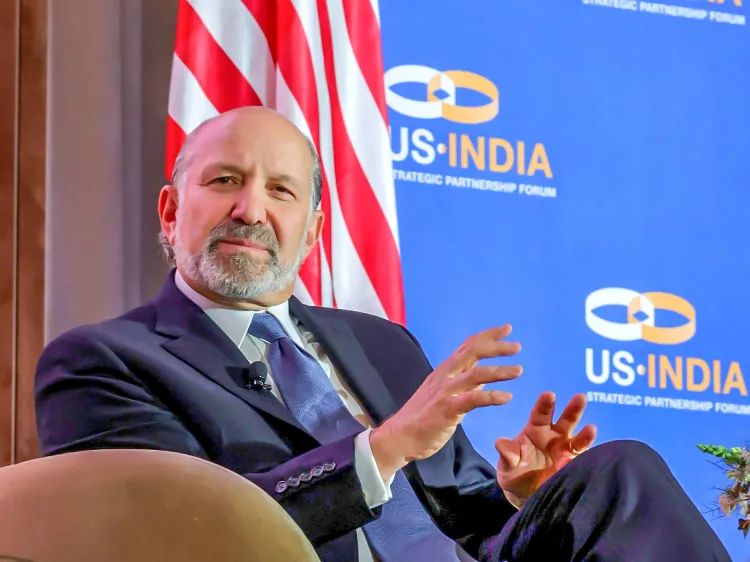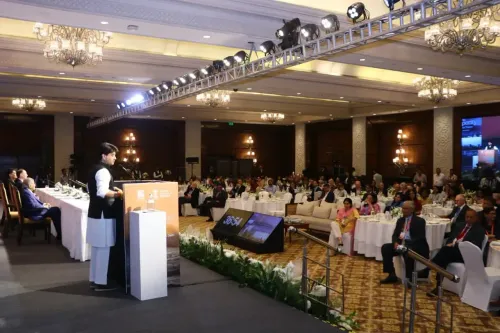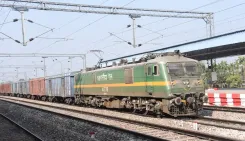Will Chip Manufacturers Avoid Tariffs If They Build US Plants During Trump's Presidency?

Synopsis
Key Takeaways
- Semiconductor firms may avoid tariffs by committing to U.S. manufacturing.
- The Commerce Secretary emphasizes the importance of compliance and oversight.
- Trump's tariff plan aims to bolster domestic production amid national security concerns.
- Major tech players like Samsung and SK hynix are closely monitoring these developments.
- Investments in the U.S. could reshape the semiconductor landscape.
Washington, Aug 8 (NationPress) If a semiconductor company pledges to establish its manufacturing facility in the United States during President Donald Trump's administration and adheres to the commitment, the Commerce Secretary indicated that its chips will not incur any tariffs. This statement follows Trump's recent announcement regarding a potential 100 percent tariff on chip imports.
During a Fox Business interview, Secretary Howard Lutnick commented on this matter, emphasizing that major South Korean technology firms, including Samsung Electronics and SK hynix, are closely monitoring the evolving tariff policies, as reported by the Yonhap news agency.
"The president has stated that if you commit to manufacturing in America during his term, and if you register this with the Commerce Department and have your auditor supervise the entire process, you will be permitted to import your chips without tariffs while the construction is ongoing," he explained.
"However, it is crucial to be confirmed and monitored while building in America," he added.
Trump's recent tariff announcement came shortly after he declared that his administration intends to unveil sector-specific tariffs "within the next week or so." Some analysts suggest that Samsung Electronics and SK hynix might evade the new tariffs as they are actively pursuing investment strategies in Texas and Indiana, respectively.
In invoking Section 232 of the Trade Expansion Act of 1962, Trump has justified the imposition of tariffs on semiconductor imports, citing national security concerns.
Meanwhile, shares in Seoul continued to decline late Friday morning, reflecting a mixed performance on Wall Street as uncertainty surrounding U.S. import tariffs affected investor confidence.
The benchmark Korea Composite Stock Price Index (KOSPI) dropped by 12.80 points, or 0.4 percent, reaching 3,214.88 as of 11:20 a.m.
Overnight, the Dow Jones Industrial Average fell by 0.51 percent to 43,968.64, while the technology-focused Nasdaq Composite saw a slight increase of 0.35 percent to 21,242.70.
Among the gainers, tech leader Samsung Electronics increased by 1.84 percent, and its competitor SK hynix rose by 0.19 percent. Samsung's shares have gained momentum for the second consecutive day following reports that it will produce Apple Inc.'s next-generation processor at its foundry in Austin, Texas.









